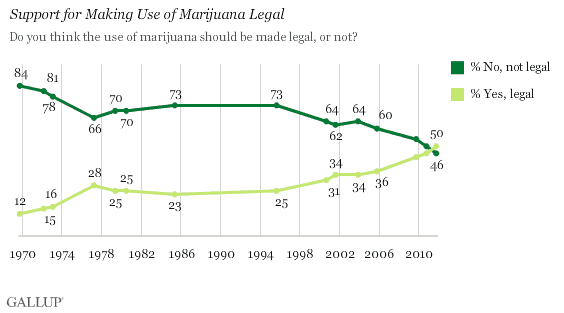Norm Stanager wrote for YES! Magazine (via AlterNet) 17 November 2011, Police Chief Who Oversaw 1999 WTO Crackdown Says Paramilitary Policing Is a Disaster
Did anybody consider informing the protesters of the issues and asking for cooperation, or checking to see if there were alternate routes for emergency vehicles, or…. Hey, I’m not a professional emergency responder, but surely there must be a plan B in case some major intersection is out of commission due to a water main blowout, natural gas leak, earthquake, or whatever.Then came day two. Early in the morning, large contingents of demonstrators began to converge at a key downtown intersection. They sat down and refused to budge. Their numbers grew. A labor march would soon add additional thousands to the mix.
“We have to clear the intersection,” said the field commander. “We have to clear the intersection,” the operations commander agreed, from his bunker in the Public Safety Building. Standing alone on the edge of the crowd, I, the chief of police, said to myself, “We have to clear the intersection.”
Why?
Because of all the what-ifs. What if a fire breaks out in the Sheraton across the street? What if a woman goes into labor on the seventeenth floor of the hotel? What if a heart patient goes into cardiac arrest in the high-rise on the corner? What if there’s a stabbing, a shooting, a serious-injury traffic accident? How would an aid car, fire engine or police cruiser get through that sea of people? The cop in me supported the decision to clear the intersection. But the chief in me should have vetoed it. And he certainly should have forbidden the indiscriminate use of tear gas to accomplish it, no matter how many warnings we barked through the bullhorn.
My support for a militaristic solution caused all hell to break loose. Rocks, bottles and newspaper racks went flying. Windows were smashed, stores were looted, fires lighted; and more gas filled the streets, with some cops clearly overreacting, escalating and prolonging the conflict. The “Battle in Seattle,” as the WTO protests and their aftermath came to be known, was a huge setback—for the protesters, my cops, the community.
This article was published a few days before the UC Davis pepper spray events, but the author explicitly cites what happened to Scott Olsen in Oakland and the arrests in Atlanta, saying those are continuations of the same problems he experience in Seattle in 1999.
Then he gets into why: Continue reading









